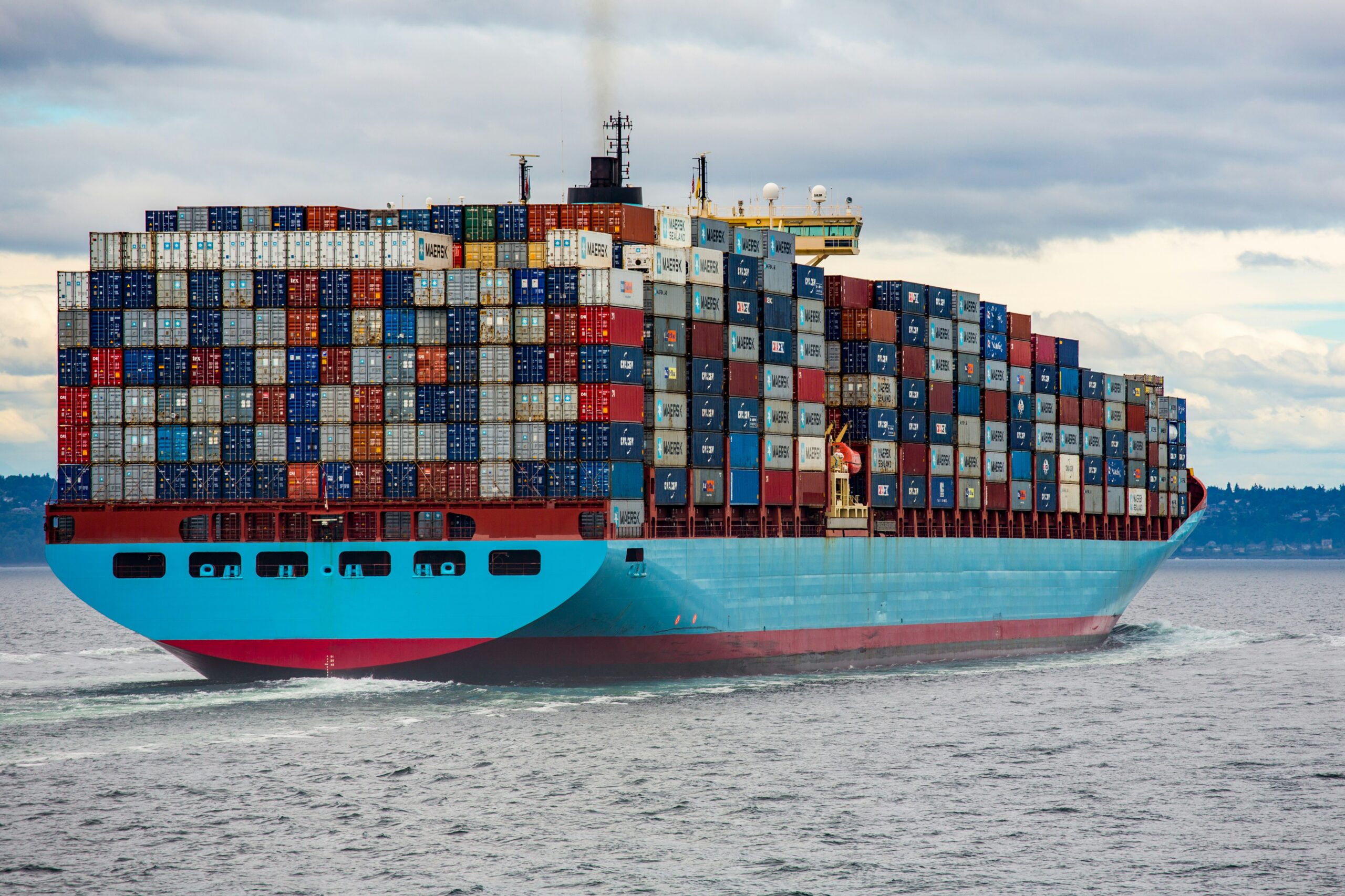The International Monetary Fund has issued a stark warning about the future of the global economy, cautioning that escalating trade tensions and geopolitical fragmentation are threatening to derail a fragile recovery. In its latest analysis, the IMF projects a significant slowdown in global growth for the coming year, a forecast that underscores the increasing risks posed by protectionist policies and an unpredictable international environment.
The new forecast, which revises previous, more optimistic outlooks, points to a global growth rate of just 2.8% for 2025, a notable downgrade attributed directly to the rapid rise of tariffs and heightened policy uncertainty. This comes after an effective tariff rate in the United States surged to levels not seen since the Great Depression, prompting retaliatory measures from major trading partners and casting a shadow over international commerce. The IMF’s managing director, Kristalina Georgieva, has repeatedly underscored the dangers of this path, warning of a fragmented world where economic cooperation is increasingly sacrificed for nationalistic interests.
The slowdown is not expected to be uniform, with emerging market and developing economies bearing a disproportionate share of the burden. These nations, which are highly reliant on global trade and foreign direct investment, face a particularly challenging outlook. Projections for growth in regions like East Asia and Europe have been revised downward, while even some advanced economies, including the United States, are seeing their growth prospects weighed down by the effects of trade barriers on private consumption and investment.
The fund’s analysis highlights that while central banks have made progress in taming inflation, the new risks from trade tensions could complicate their efforts. Increased tariffs often lead to higher import prices, which in turn can stoke inflationary pressures, creating a difficult balancing act for policymakers. According to the report, a further escalation of these trade disputes could push the global economy into a more severe and prolonged downturn, making it the slowest-growing decade since the 1960s.
The IMF’s message is a clear call for a return to global cooperation. It urges countries to prioritize multilateral solutions and to work together to reduce tariffs and establish a more predictable trade environment. The organization stresses that a coordinated global response is the most effective way to address the interconnected challenges of a slowing economy, ongoing geopolitical instability, and climate change. Without a renewed commitment to open trade and international collaboration, the IMF’s latest report suggests the world risks a future of tepid growth and diminished prosperity for all.



